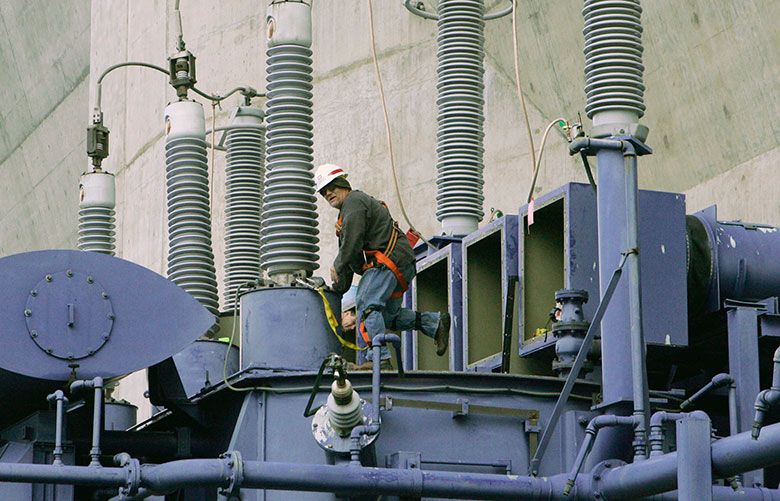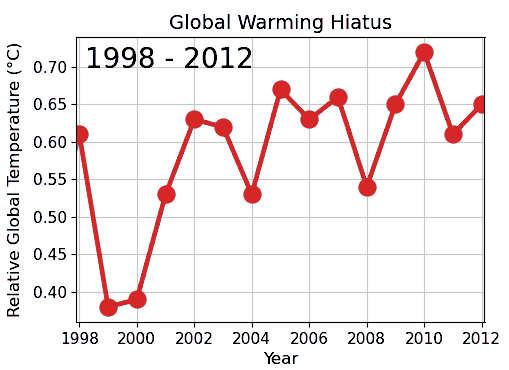ReinyDays
Gold Member
My question specified a steady increase. I’m sure are aware of the pause in global warming in 2000. There was no pause in human industrial activity. Alarmist blamed the Chupacabra IIRC, or some other Latin American legend.
Sounds like you're reducing your sample pool to drive up percentages ... the average temperature between 1880 and 1950 is 1ºC lower than the average between 1950 and 2020 ... any averages less than this ∆t = 70 years would be contaminated by dynamic factors ... many of these factors we do not understand and cannot reliably predict ... for example El Nino and sunspots ...
Then the mission is accomplished!
Then the free market will continue to select in favor of cheap renewables.
This is what I've been advocating ... get the free estimate for rooftop solar ... if it's not economical, don't bother ... it's pure stupidity installing solar over a coal seam ... so that means it's brilliant to install wind in Oklahoma and West Texas ...
Unless . . .
Was there by chance any subsidies or regulations leading to the BPA and the renewables? How much did they cost to provide such benefit to Boeing?
BPA is a Federal Agency, owned by the US Army ... they retail electricity at cost, no profit margins ... Boeing won the contract for both the B-17 and B-29 ... which in a very real way won WWII for us ... you sound ungrateful ...
Weird eh? ... cheapest electricity in the nation and it's 100% socialized ... government owns the means of production, the means of transport and retail distribution ... and it is illegal to seek electricity from any source other than the government ... bluer than you ...



